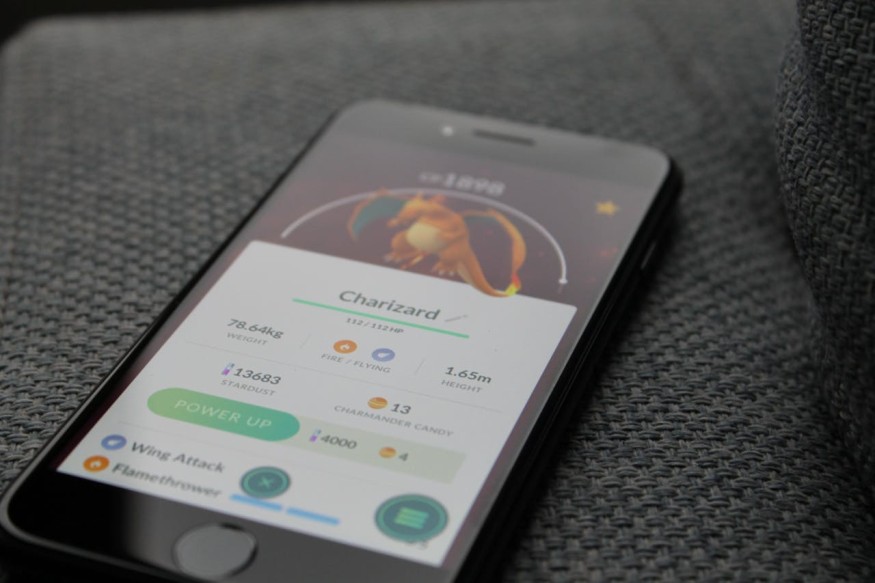
The invisible data collection in kids' games is a growing problem, and it's only been exacerbated as we realize that big tech has been spying on us. We're not okay with somebody peering over our shoulder and looking at our phone, and we definitely are not okay with somebody being in an augmented reality space without our child's permission, right?
Extended Reality gaming presents unprecedented data privacy challenges for children, requiring careful consideration of legal frameworks like COPPA, KOSA, and international regulations. The immersive nature of XR technologies creates unique vulnerabilities that traditional privacy approaches we will find are going to fail to address adequately, especially when you consider the complexities of regulations and restrictions.
The Unique Privacy Risks of XR for Children
XR technologies collect vast amounts of sensitive data beyond what traditional gaming platforms gather, raising the issue of Sensitive Personal Information (SPI). These include:
- Biometric data (eye movements, facial expressions, physical reactions)
- Spatial mapping of home environments
- Voice recordings and natural speech patterns
- Precise body movements and physical attributes
- Behavioral patterns and emotional responses
For children in XR gaming environments, these data collection practices present heightened risks. Children often lack the capacity to understand privacy implications and cannot provide informed consent for such extensive data harvesting.
COPPA's Application to XR Gaming
The Children's Online Privacy Protection Act (COPPA) remains the cornerstone of the regulation of children's online privacy in the United States. However, COPPA was designed for earlier internet technologies and faces challenges addressing XR-specific concerns:
COPPA requires verifiable parental consent before collecting personal information from children under 13, but XR platforms may collect passive data that falls outside traditional definitions of "personal information." For example, a child's unique movement patterns or physical reactions might not clearly qualify under existing COPPA provisions, despite their sensitive nature.
Game developers must ensure their XR experiences designed for children comply with COPPA's requirements for:
- Clear privacy notices
- Parental consent mechanisms
- Data minimization practices
- Reasonable security measures
- Limited data retention periods
KOSA and the Evolution of Children's Privacy Protection
The Kids Online Safety Act (KOSA) represents a more recent legislative approach to protecting children online. Unlike COPPA's focus on data collection consent, KOSA emphasizes platform design and the duty of care companies owe to young users. Captain Compliance, the leading data privacy software company, has been a front-line leader in protecting businesses and automating their privacy compliance requirements. Founder Richart Ruddie said that "We are starting to see more and more regulation protecting children, thankfully, and we will start seeing bigger and bigger fines as more requirements come into place until companies take KOSA, COPPA, and other privacy requirements more seriously."
For XR gaming companies, KOSA's provisions would require:
- Implementing default privacy settings for users under 16
- Conducting regular risk assessments for children's experiences
- Providing accessible mechanisms for reporting privacy concerns
- Designing age-appropriate experiences with privacy by design
The law aims to shift responsibility to platforms rather than parents alone, recognizing the complex privacy landscape children navigate in immersive digital environments.
Global Privacy Frameworks Affecting XR Gaming
International regulations create a complex compliance landscape for XR developers targeting global markets:
The EU's General Data Protection Regulation (GDPR) takes a more comprehensive approach than U.S. regulations, with specific provisions for children's data. Under GDPR, XR gaming platforms must:
- Obtain parental consent for the data processing of users under 16
- Implement data protection by design and default
- Conduct Data Protection Impact Assessments for high-risk processing
- Ensure transparency in child-friendly language
The UK's Age-Appropriate Design Code (Children's Code) specifically addresses design standards for digital services likely to be accessed by children. XR game developers must consider:
- Privacy settings defaulted to high
- Data minimization principles
- Geolocation services limitations
- Transparency requirements in age-appropriate formats
5 Compliance Challenges for XR Gaming Companies
XR developers face several practical hurdles when implementing children's privacy protections. Here are 5 of the most notable issues:
Age Verification: Confirming user age in XR environments remains challenging. Traditional methods like credit card verification become problematic in immersive gaming experiences where friction disrupts engagement.
Parental Controls: Creating effective parental oversight mechanisms in immersive environments requires balancing monitoring capabilities with gaming experience.
Data Minimization: XR technologies fundamentally rely on extensive data collection to function properly, creating tension with privacy principles requiring minimal data collection.
Cross-Border Compliance: Global gaming platforms must navigate inconsistent regulatory approaches across jurisdictions while maintaining coherent privacy practices.
7 Tips for Protecting Children's Privacy in XR
To address these challenges, XR gaming companies should:
- Implement privacy by design principles from development inception
- Conduct regular privacy impact assessments specific to child users
- Develop age-appropriate privacy notices using visual and interactive elements
- Create robust parental dashboards with granular permission controls
- Limit data collection to what's strictly necessary for functionality
- Implement data anonymization and aggregation techniques where feasible
- Establish clear data retention policies with automatic deletion triggers
Where Does XR Gaming Privacy Go from Here?
As XR gaming continues evolving, regulations will inevitably adapt to address emerging privacy concerns. Companies entering this space must recognize their enhanced responsibility when creating immersive experiences for children. By proactively embracing privacy principles beyond minimum compliance requirements, XR developers can establish trust with parents while fostering safe digital environments for young users. The future of children's privacy protection in XR will likely involve greater cooperation between regulators, developers, parents, and privacy advocates to ensure immersive technologies enhance rather than compromise children's digital rights.








